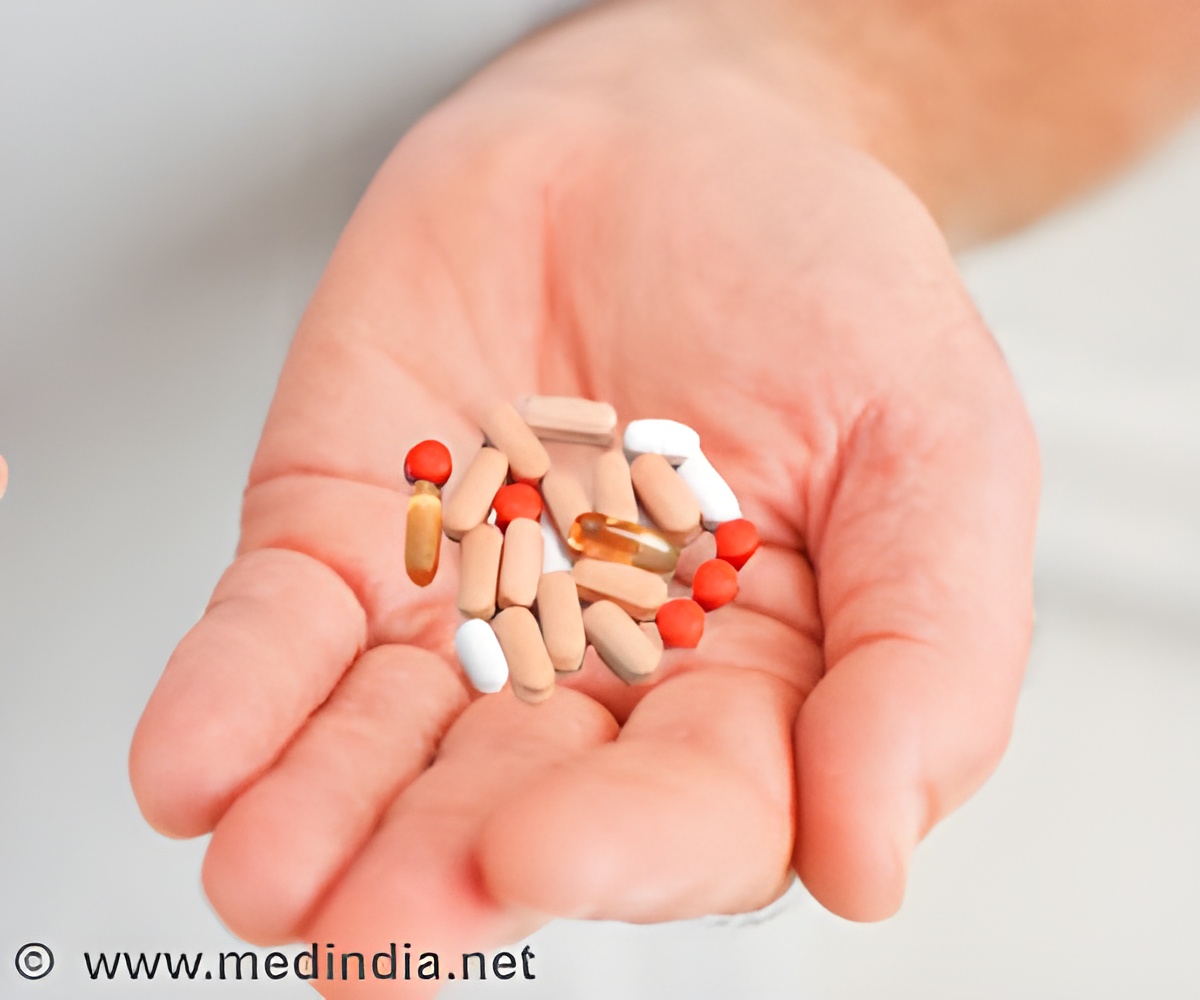
Read the back of most shampoos and dishwashing detergents and you'll find the word "surfactant" in the list of active ingredients. Surfactant molecules are tiny, yet they are the reason dish soap can attack an oily spot and shampoo can rid the scalp of grease.
Surfactant molecules are made up of two main parts, a head and a tail. Heads are attracted to water, while the tails are oil-soluble. This unique structure helps them break down and penetrate grease and oil while immersed in water. It also makes the soaps, shampoos and detergents thicker, or more viscous.
Soap manufacturers add organic and synthetic surfactants – and often a slew of other ingredients – to their products to achieve a desired thickness and to help remove grease and dirt. These extra ingredients add volume to the soap products, which then cost more to manufacture, package and ship, ultimately shifting more costs to consumers, said Amy Shen, a UW associate professor of mechanical engineering and lead author of the paper.
The research team's design could create the same thickening results without having to add extra ingredients.
"Our flow procedure can potentially help companies and consumers save a lot of money," Shen said. "This way, companies don't have to add too many surfactants to their products."
Advertisement
Advertisement










